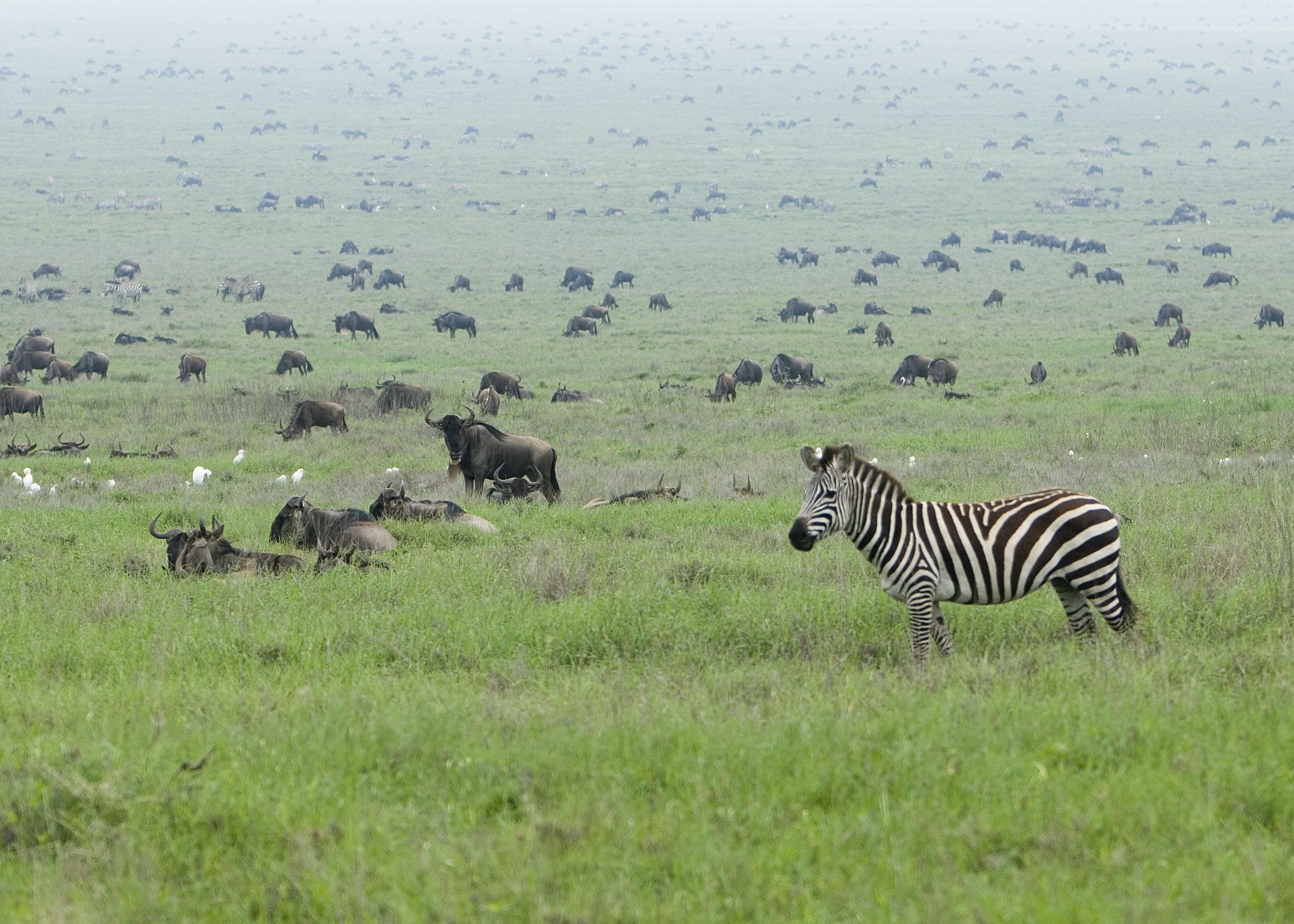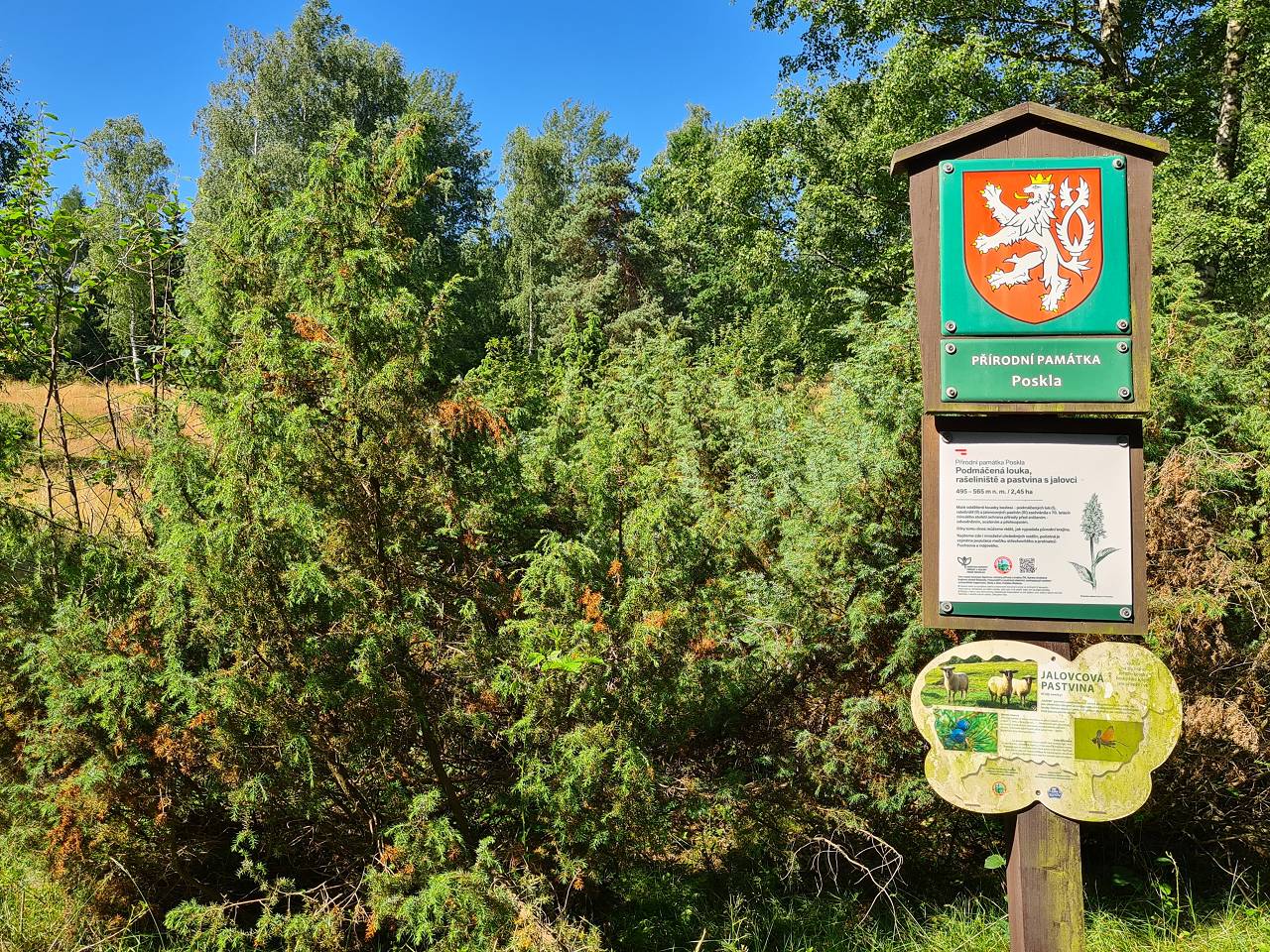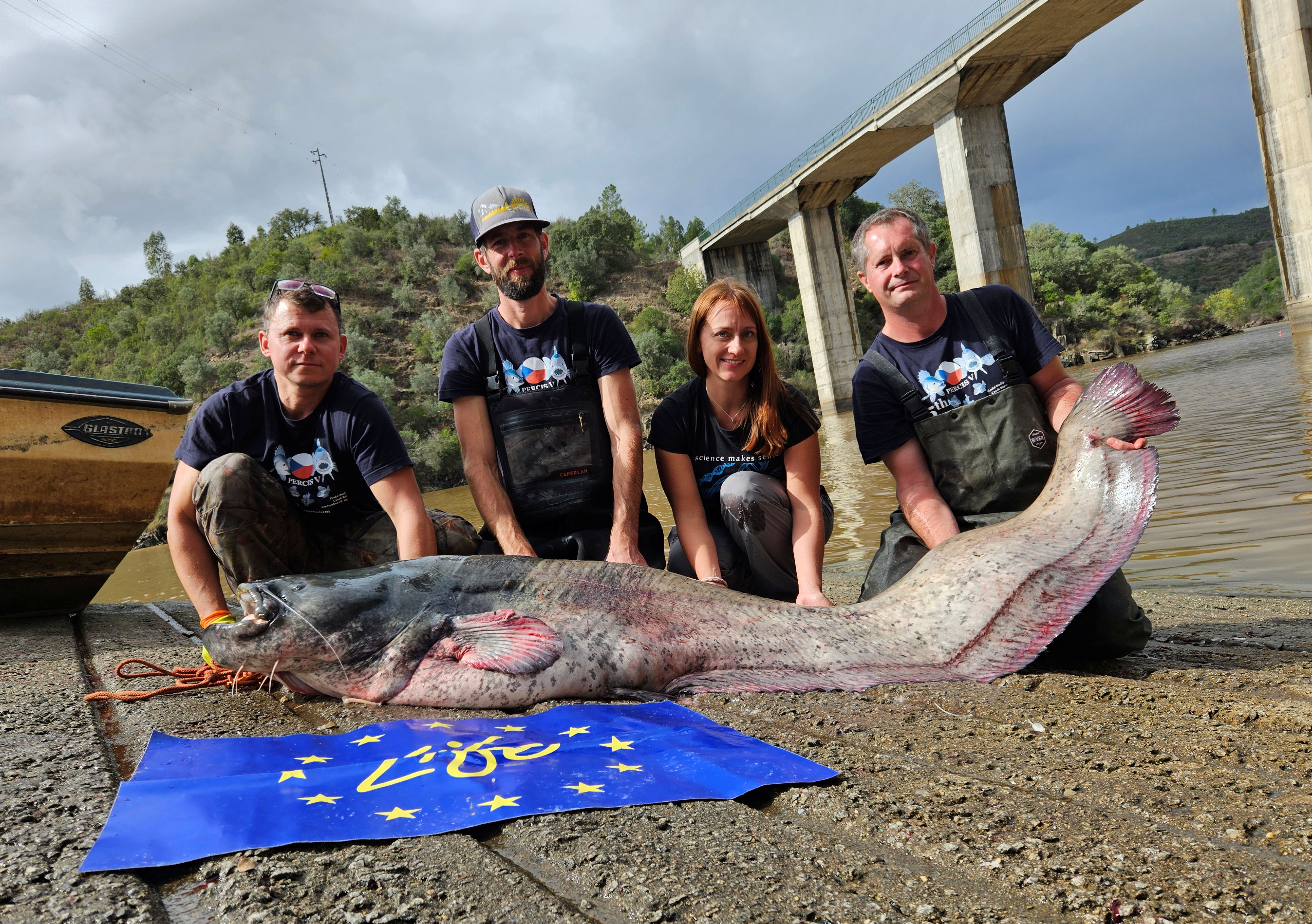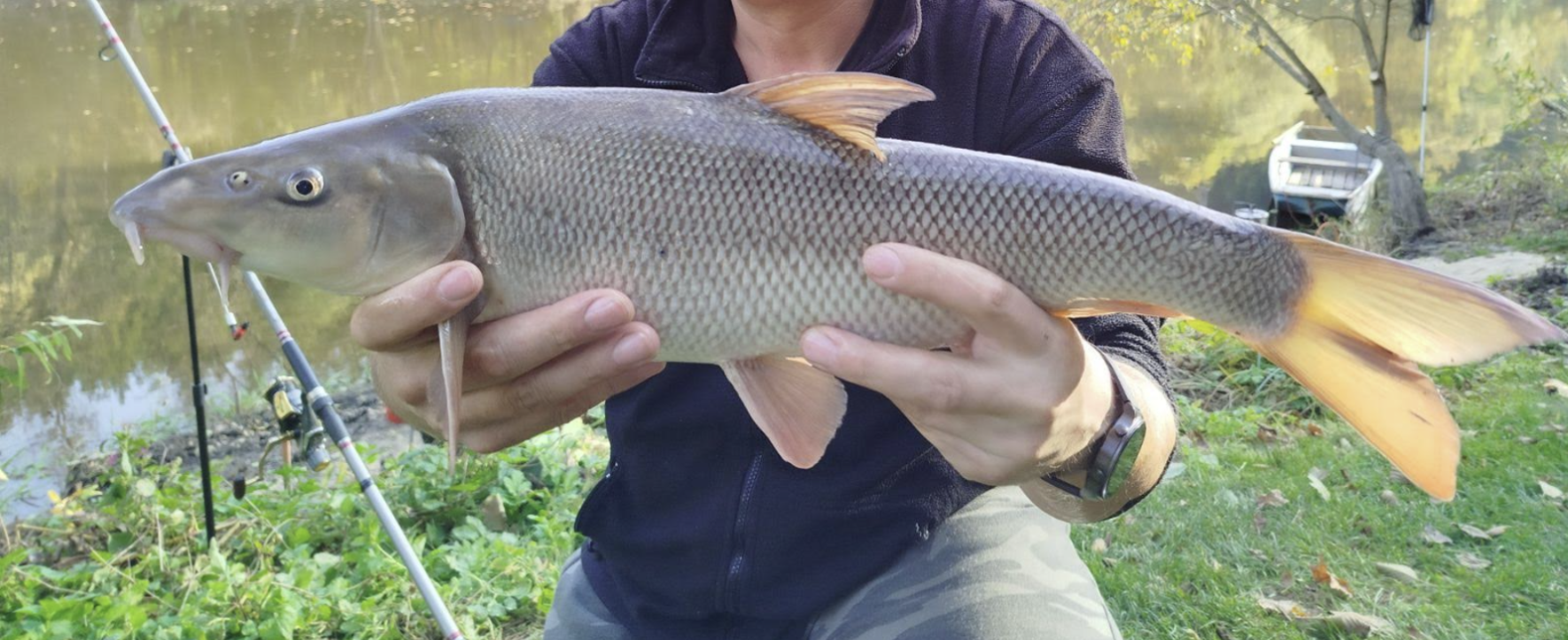The research focuses on population dynamics (population responses to environmental changes, functioning of predator-prey and plant-pollinator systems), biodiversity (taxonomic, phylogenetic and functional diversity in various habitats from virgin rainforests to city centres), biotope diversity, land cover and land use changes, and feeding and behavioural ecology (trophic cascades, isotopic niches, behavioural responses to environmental changes). Results are informative for identification of threatened species and habitats, protected area management, and adaptations to climate change. Terrestrial orchis, aphids, aphidofagous insects, freshwater and marine fishes, birds and large mammals serve as study organisms.
Bird ecology and conservation
- Demographic rates and long-term trends of populations in forest, farmland, urban and wetland habitats; effectiveness of various approaches to bird conservation; climate change impacts on bird communities; bird migration; nesting cavities as unique ecosystems.
- Team:
Theoretical ecology, population dynamics
- Responses of populations and species distributions to changes of environment, predator-prey and plant-pollinator systems, habitat diversity (from virgin rainforests to city centres). Protection of threatened species and habitats, protected area management during changes in climate and land use.
- Model taxa: orchids, aphids, aphidofagous insects, snow leopard.
- Team:
prof. RNDr. Pavel Kindlmann, DrSc.
Protected area management and landscape ecology
- Management of protected areas – monitoring and effectiveness of implemented measures (e.g., forest management after bark beetle outbreaks or revitalization of wetlands); wilderness; habitat diversity along gradients of environmental conditions and changing land use); population ecology of selected species (e.g., rare or newly spreading species).
- Team:
Nature conservation
- Endangered, expansive, and invasive plant species; endangered habitats; national parks and their management; biodiversity, threats, and protection of the Elbe River; biodiversity of sandstone rocks in Central Europe; wildfires in protected areas; international cooperation of protected areas.
- Team:
Biology and ecology of fish and fish-eating predators
- Fish behaviour and ecology in lakes and reservoirs. Behavior and feeding ecology of fish-eating predators, particularly common kingfisher, Eurasian otter, great cormorant and the largest freshwater fish in Europe, alien invasive species (AIS) wels catfish.
- Team:
RNDr. Jaroslava Frouzová, Ph.D.
Fish ecology
- The impact of anthropogenic factors on river fish communities; food web structure in riverine and marine ecosystems; trophic interactions between invasive species and native fish communities; fish ethology with a focus on the weakly-electric fish Gnathonemus petersii
- Team:



























